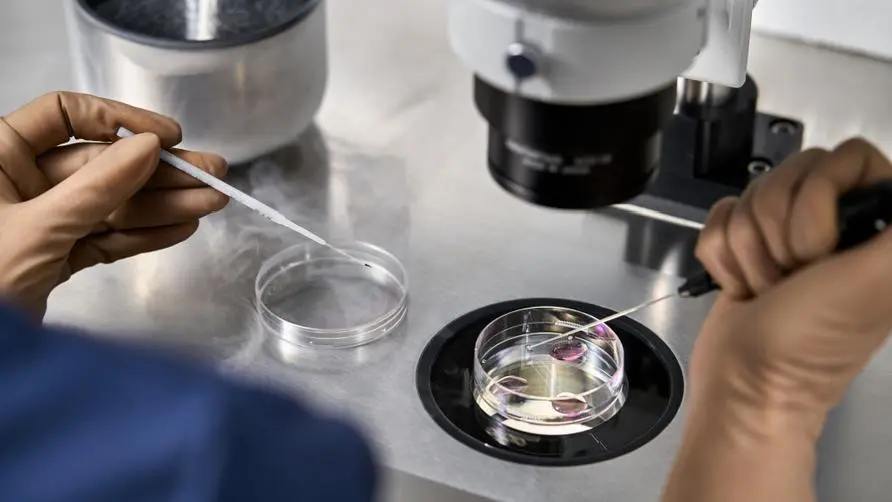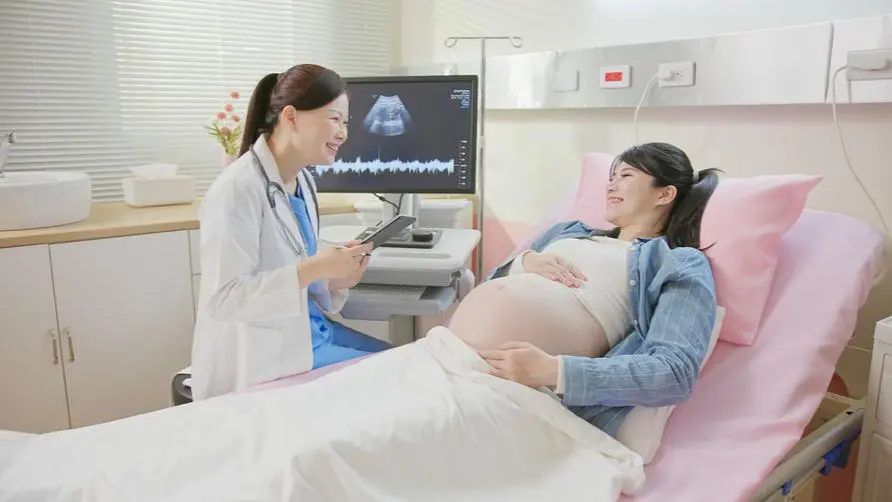Frozen eggs but unable to thaw? Medical: Allowing single women to undergo in vitro fertilization to increase the utilization rate of frozen eggs

Are single women allowed to undergo in vitro fertilization? It is expected to increase the utilization rate of frozen eggs
As Taiwanese people marry later and have children later, the trend of women freezing their eggs during their prime childbearing years has become increasingly popular. However, even if eggs are frozen in advance, single women may not be able to “thaw” them freely? Since the Artificial Reproduction Act stipulates that in vitro fertilization is limited to heterosexual couples of one man and one woman, excluding the reproductive rights of single women and same-sex couples, and explicitly prohibits surrogate mothers, in response, the Taiwan Ministry of Health and Welfare stated that it plans to allow single women to use it , open the application for same-sex couples, and lift the ban on surrogate motherhood. The revised draft law is expected to be announced in the first or second quarter of next year after the revised draft laws and regulations are compiled by an expert meeting.
Chen Meizhou, chairman of the Taiwan Society of Reproductive Medicine, said in an interview with “healthorn” that the main focus of the expert meeting during the law revision process was actually to first discuss the reproductive rights of surrogate mothers and same-sex couples. However, according to reports from the American Society of Reproductive Medicine and international literature, if restrictions are required Artificial reproduction must be performed only after marriage, which will obviously lead to a decrease in the utilization rate of frozen eggs. If the average childbearing age of the mother is too high when the eggs are thawed, it will also have a negative impact on the success rate of artificial insemination or in vitro fertilization.
“If the law stipulates that there is no marriage, eggs cannot be thawed. These frozen eggs may never be used!” Dr. Chen Meizhou pointed out that the main reason for Taiwan’s declining birthrate is late childbearing and marriage, and late childbearing is more likely to increase the risk of infertility. Compared with performing in vitro fertilization after reaching advanced maternal age, allowing young women who are willing to have children to get pregnant earlier will have a more positive impact on the overall fertility rate.
Should surrogacy be legal? The rights of surrogates and children should be protected
Dr. Chen Meizhou said that the most difficult issue to reach consensus on in the process of amending the Artificial Reproduction Law is whether surrogate motherhood can be legalized. The reasons include that surrogacy involves women’s health and physical rights, such as the physiological conditions of the surrogate mother, or whether the pregnancy needs to be terminated if gestational hypertension or pregnancy toxemia occurs during pregnancy. The limit on the number of pregnancies for surrogate mothers and whether to limit caesarean sections to no more than 2 times require extensive and detailed discussions.
“For example, should surrogate motherhood be limited to those who have given birth? Because women who have never given birth have the highest health risks with their first child. We must also consider whether women with poor economic status will make a living through surrogacy. Will it cause more social problems? ?”
Dr. Chen Meizhou pointed out that the current Artificial Reproduction Law only applies to heterosexual couples, and either the woman or the partner has a uterus. Therefore, same-sex couples who are not married, or single women who have available eggs but do not have a partner, cannot undergo artificial reproduction or in vitro fertilization. In addition, on average, one in every 20,000 female babies will suffer from congenital auterine syndrome (Mayen-Rokitansky-Kusten-Hamser, also known as MRKH syndrome). If the rights of children are not affected and the health autonomy of surrogates is guaranteed, and the reproductive rights of different ethnic groups can be maintained through legal surrogate mothers, the society should be happy to see this happen.
Women’s egg freezing is no longer just for getting married! The future of childbearing due to the trend of not getting married and getting married later.
“Clinically, we do see some women freezing their eggs not for use after marriage, but for the hope that one day they will be able to thaw their own eggs according to their own wishes. If she has complete family support behind her, she will be able to confirm the birth of her child. You can get good care in the end, and there is no medical reason to object!”
Dr. Chen Meizhou said that the increase in unmarried women and the general delay in marriage will be the social trend in the future. If unmarried women have the desire to have children, by amending the Artificial Reproduction Law and lifting the restrictions on single women having in vitro fertilization, the number of IVF for single women should increase to a certain extent. Fertility rate, and statistical research on artificial reproduction abroad has also found that there is no significant difference in growth care and mental development whether the offspring of test-tube babies are from opposite-sex parents, same-sex parents or single mothers. We look forward to the smooth passage of the Artificial Reproduction Law, which will help more different ethnic groups gain more equal reproductive rights.
Further reading:





